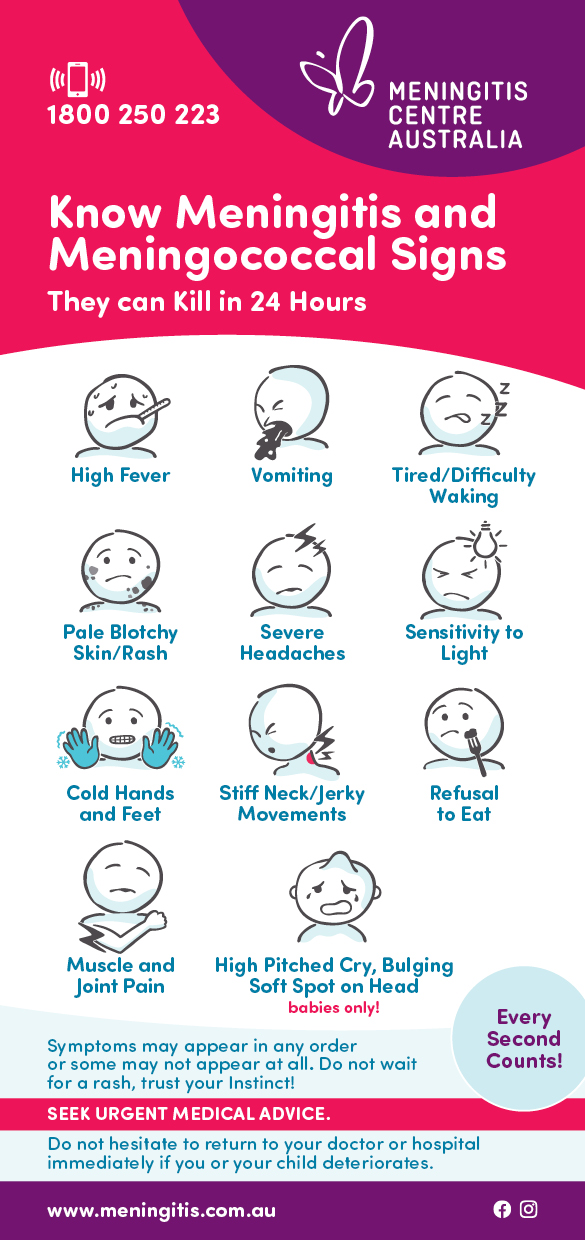
HEALTH authorities have confirmed the death of a young woman from meningococcal disease at Gosford Hospital last week.
Mischelle Rhodes, 19, is the second person to die of the deadly disease this year after a 38-year-old Central Coast woman died from the W strain of meningococcal at the beginning of August.
A third case of meningococcal was confirmed in June, but in a rare form of conjunctivitis, and the patient recovered fully.
Ms Rhodes was previously a student at St Peter’s Catholic College at Tuggerah and was an employee of InSport at Tuggerah Westfield.
She was studying for a Bachelor of Security Studies at Macquarie University.
Central Coast Local Health District has urged local people to be to be aware of the symptoms of meningococcal disease following the death of Ms Rhodes.
The strain of the disease has not been confirmed at this time.
Central Coast Local Health District Director Public Health Dr Peter Lewis said that close contacts of the young woman have been prescribed clearance antibiotics to reduce the risk of it being spread to anyone else.

“Our thoughts are with the family of this young woman at this tragic time,” Dr Lewis said.
“If anyone in the community develops any symptoms of meningococcal disease, it’s important that they seek medical advice immediately.
“Meningococcal disease is very uncommon in NSW and only two other cases have been notified in CCLHD this year, and only one case for the whole of last year.”
Meningococcal bacteria are not easily spread from person to person and the bacteria do not survive well outside the human body.
The bacteria are passed between people in the secretions from the back of the nose and throat. This generally requires close and prolonged contact with a person carrying the bacteria who is usually completely well, such as living in the same household.
SOURCE: Daily Telegraph Australia

